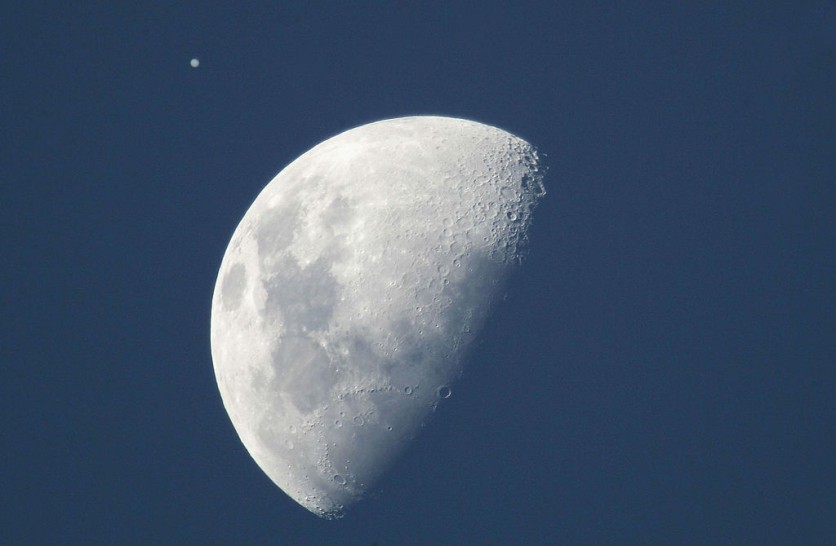When it comes to making Earth more habitable, researchers work extra hard. Therefore, researchers at the University of California, Riverside (UCR) has created an alternative solar system, according to SciTechDaily.

A Hypothetical System
Through the alternative solar system they created, they discovered that if Jupiter's orbit were to become more eccentric, it would change in the shape of Earth's orbit, which could increase the habitability of our planet.
If Jupiter pushed the Earth's orbit, parts of our planet would be closer to the sun. And some parts of the Earth's sub-freezing areas would get warmer, making them more habitable.
With this discovery, the researchers are thinking of applying it to their search for habitable planets around other stars, also called exoplanets.
Also Read: New Exoplanet Class Called 'Hycean Worlds' Yield Great Promise for Habitability
The Exoplanets
What's the first thing people look for in an exoplanet? Its habitable areas and the distance between a star and a planet determine if there's sufficient energy for liquid water on the planet's surface.
During an orbit, different parts of a planet get more or fewer direct rays of sunlight, which results in "seasons." While many parts of the planet may be good during one season, there is still the possibility of getting extremely hot or cold.
There are other factors that affect a planet's habitability, which is the degree the planet is tilted toward or away from a star. With this, the area of the planet that is tilted away from the star would get less energy, which means it will be colder there.
However, it's challenging to measure the tilt or even, the planet's mass. Therefore, the researchers will work on ways to help them estimate those factors as well.
By understanding a planet's movement is crucial to make predictions about a planet's habitability.
To understand a planet's orbit, a habitable exoplanet needs to have the right size, composition, and orbit. In addition, the exoplanet needs to be the right distance from its star.
While there's no real life planet like Earth equipped with all of these, there are planets that are out there that are close to those that could make an exoplanet habitable. But without any information about their orbit and tilt, the researchers wouldn't know if the planet's habitable. Therefore, the information that they got from their alternative solar system with Jupiter's eccentricity could help them better predict if an exoplanet is habitable.
Researchers have plenty to learn about the universe. Therefore, there are so many discoveries that are yet to be made.
The more knowledge that we have about the universe, the more we know about our planet, the universe, and other planets. Because science is a never-ending quest for knowledge. We need to keep on searching for more answers about our universe.
Related Article: An Exoplanet Orbiting 3 Stars Has Been Discovered--But How Did They Actually Find It?
This article is owned by Tech Times
Written by April Fowell




